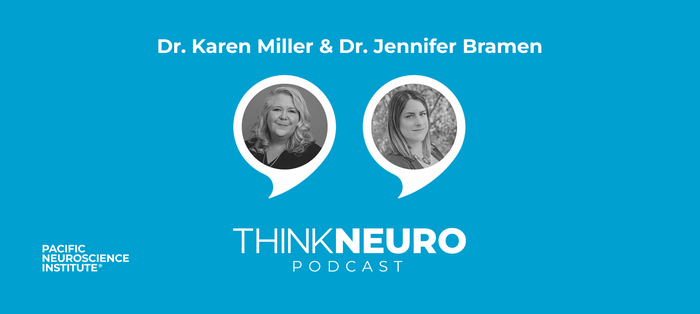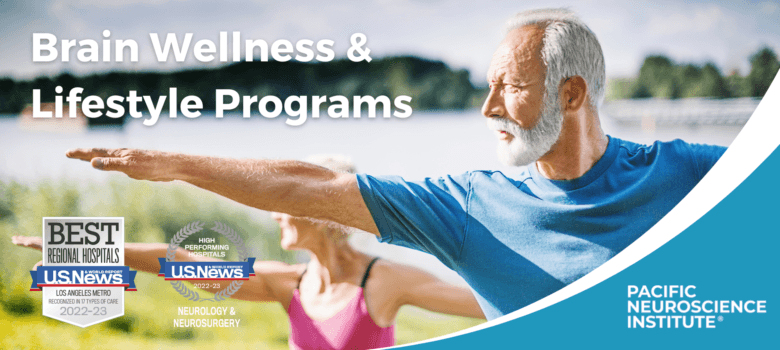
Blog
Exercise for People with Multiple Sclerosis
by PNI Experts
For people with Multiple Sclerosis being physically active is one of the most beneficial adaptations to a lifestyle with MS.
What Is the Difference Between Ischemic stroke and Hemorrhagic Stroke?
by PNI Experts
Sandra Narayanan, MD, Vascular Neurologist and Neurointerventional Surgeon at the Pacific Stroke and Neurovascular Center at Pacific Neuroscience Institute, explains the difference between hemorrhagic and ischemic stroke.
PNI’s Cochlear Implant Program Gives the Gift of Hearing to Young & Old
by Guest Author
PNI launches a new Cochlear Implant Program for adults and children led by Rhodes Scholar Courtney Voelker, MD, PhD.
Brain Health Dynamic Duo | Dr. Jennifer Bramen & Dr. Karen Miller
by Anthony Effinger
Strange though it may seem, we can tone our brain tissue the same way we tone our muscles. The fitness of our gray matter depends on how well we take care of ourselves.
Brain Wellness & Lifestyle Program Launches at PNI
by PNI Experts
Pacific Neuroscience Institute announced today the launch of the new Lifestyle Program at the Pacific Brain Health Center.
What Is Cervical Dystonia?
by Natalie Diaz
Cervical dystonia is a localized, or focal, form of a neurological condition called dystonia. It is a very common movement disorder that affects mostly the muscles of the head and neck.
Cervical Dystonia: A Pain in the Neck
by Melita Petrossian
Many of our patients tell us that prior to being seen by us, their symptoms were dismissed by physicians or other providers. Because many movement disorders show no abnormalities on blood testing or imaging, patients are often told that there is “nothing wrong” and that they should learn to “live with it.”
Last updated: August 8th, 2024




